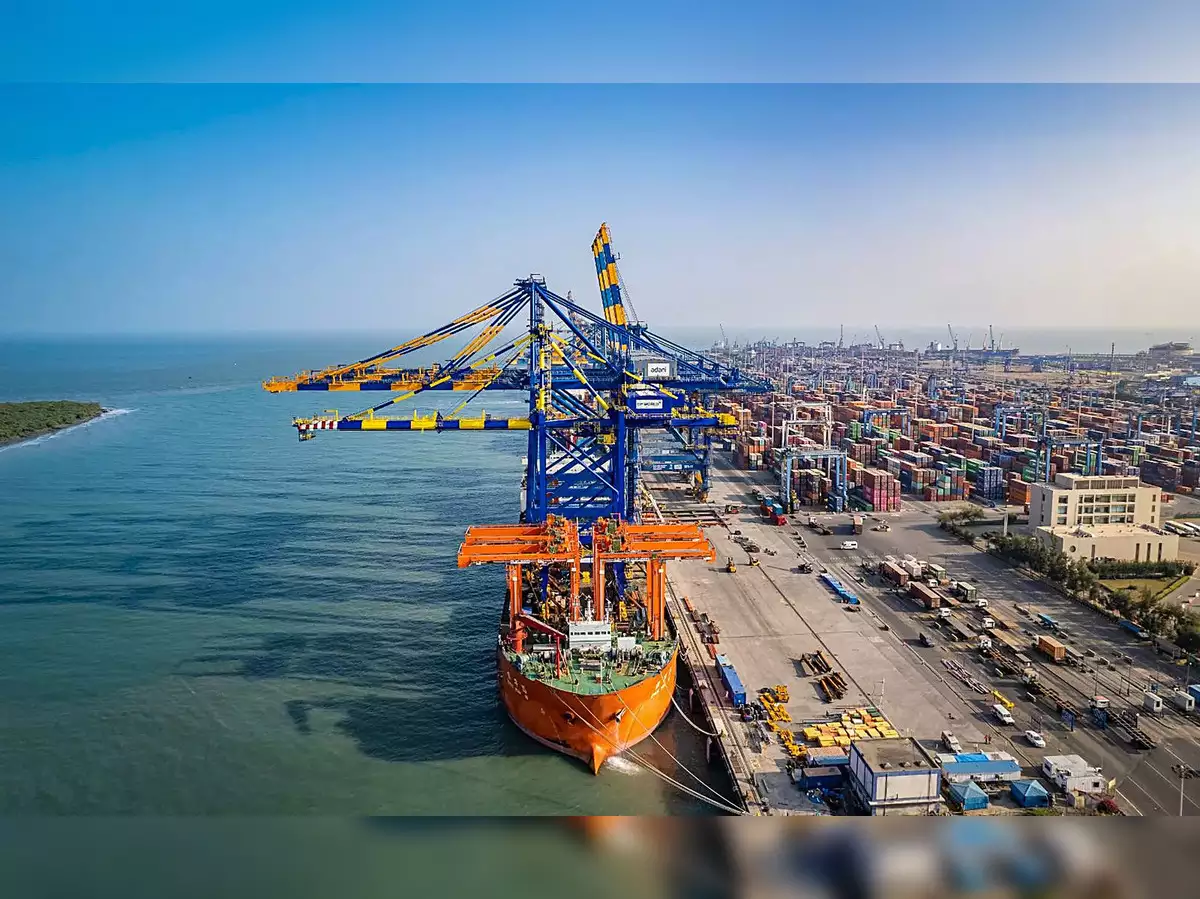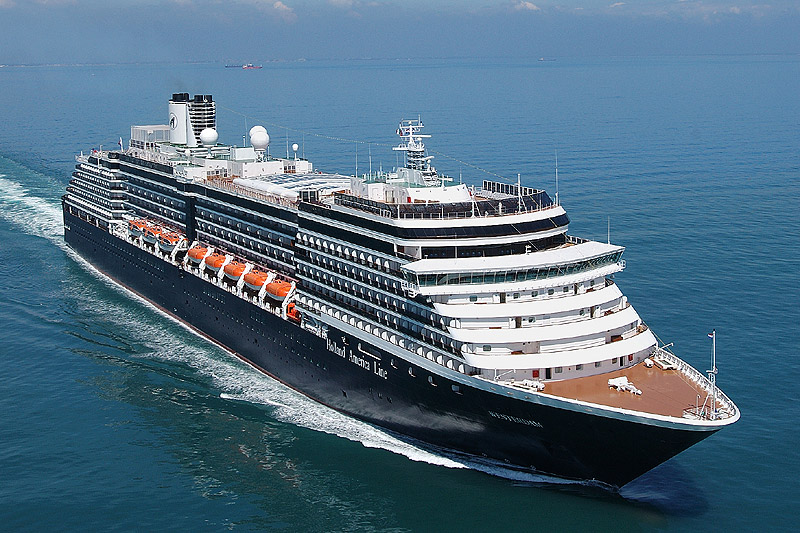Stamp: Whangarei. Large Format (Personalized and Private Mail Stamps 2008)
Whangarei. Large Format (Personalized and Private Mail Stamps 2008)
01 June (Personalized and Private Mail Stamps ) within release New Zealand : New Zealand Mail (NZM) goes into circulation Stamp Whangarei. Large Format face value 1.50 New Zealand dollar
| Stamp Whangarei. Large Format in catalogues | |
|---|---|
| Colnect codes: | Col: NZ-NZM 2008-0819B |
Stamp is square format.
4 Issues for 2008 same serial number, different dates. 01/08 issue larger than other 2008 issues. Imprint: NZM 06/08 0819Also in the issue New Zealand : New Zealand Mail (NZM):
- Stamp - Auckland. Large Format face value 1.50;
- Stamp - Bird Perched on Cat face value 1;
- Stamp - Black and White Kitten face value 1;
- Stamp - Boxer Dog face value 1;
- Stamp - Cat and Fishbowl face value 1;
- Stamp - Cat and Flowers face value 1;
- Stamp - Cathedral Cove - Large Format face value 1.50;
- Stamp - Day Reserve, Waipu Cove face value 50;
- Stamp - Dog and Bowl of Ice Cream face value 1;
- Stamp - Dog in Deck Chair face value 1;
- Stamp - Douglas Park School, Masterton face value 50;
- Stamp - East Taieri School, Mosgiel face value 50;
- Stamp - Fiordland College for The Lighthouse Youth Centre face value 50;
- Stamp - Gisborne Girls High School face value 50;
- Stamp - Hamilton - Large Format face value 1.50;
- Stamp - Hastings - Large Format face value 1.50;
- Stamp - Huka Falls - Large Format face value 1.50;
- Stamp - Mt Taranaki. Large Format face value 1.50;
- Stamp - Northland - Large Format face value 1.50;
- Stamp - Okaihau College, Okaihau face value 50;
- Stamp - One Tree Point School face value 50;
- Stamp - Pit Bull Dog face value 1;
- Stamp - Rissington Primary School face value 50;
- Stamp - Rotorua - Large Format face value 1.50;
- Stamp - Te Timatatanga o Te Matauranga Kindergarten face value 50;
- Stamp - Three Kittens in Bowl face value 1;
- Stamp - Three Puppies face value 1;
- Stamp - Wellington - Large Format face value 1.50;
- Stamp - Whangarei. Large Format face value 1.50;
- Stamp - Winchester Primary School face value 50;
- Stamp - "Kingston Flyer" Steam Train, Kingston - Large Format face value 50;
- Stamp - Abel Tasman National Park face value 50;
- Stamp - Aerial View of Westport Township face value 50;
- Stamp - Anderson Park Art Gallery, Invercargill - Large Format face value 50;
- Stamp - Awaroa, Abel Tasman face value 50;
- Booklet - Bay of Plenty Series Booklet face value 10*50;
- Stamp - Boats and the Interislander face value 50;
- Stamp - Boats in Picton Harbour face value 50;
- Stamp - Boulder Bank, Tahunanui, Nelson face value 50;
- Stamp - Brown Trout Sculpture, Gore - Large Format face value 50;
- Booklet - Buller Series Booklet face value 10*50;
- Stamp - Cabbage trees, Geraldine face value 50;
- Stamp - Catlins - Large Format face value 1.50;
- Stamp - Caves, Westport face value 50;
- Booklet - Central South Island Series Booklet face value 10*50;
- Stamp - Christchurch - Large Format face value 1.50;
- Stamp - Church at Night, Westport face value 50;
- Stamp - Civic Theatre, Invercargill - Large Format face value 50;
- Stamp - Cox Street, Geraldine face value 50;
- Stamp - Dashing Rock, Timaru face value 50;
- Stamp - Dunedin - Large Format face value 1.50;
- Booklet - Eketahuna Series Booklet face value 10*50;
- Stamp - Elms Mission House face value 50;
- Stamp - Evans Crossing face value 50;
- Stamp - Farewell Spit, Golden Bay face value 50;
- Stamp - Fernland Geothermal Spa face value 50;
- Stamp - Four Peaks Range, as seen from Geraldine face value 50;
- Stamp - Franz Josef - Large Format face value 1.50;
- Stamp - High Street, Picton face value 50;
- Stamp - Hot Salt Water Pools face value 50;
- Stamp - Jet skiing, Westport face value 50;
- Stamp - Kahurangi National Park, Karamea face value 50;
- Stamp - Kaikoura - Large Format face value 1.50;
- Stamp - Kaiteriteri Beach face value 50;
- Stamp - Kaka, Stewart Island - Large Format face value 50;
- Stamp - Kiwi 360 face value 50;
- Stamp - Kiwi Mural face value 50;
- Stamp - Kiwi Statue face value 50;
- Stamp - Landing Service Building, Timaru face value 50;
- Stamp - Longridge Jet Boat face value 50;
- Stamp - Mayor Tim Shadbolt of Invercargill - Large Format face value 50;
- Stamp - Mesopotamia Station, Rangitata Gorge face value 50;
- Stamp - Milford - Large Format face value 1.50;
- Stamp - Mount Maunganui face value 50;
- Booklet - Murals Masterpiece Winners 2007 Booklet face value 10*50;
- Stamp - Nelson - Large Format face value 1.50;
- Booklet - Nelson Series Booklet face value 10*50;
- Stamp - New Zealand Fur Seal, Westport face value 50;
- Stamp - Night 'n Day Foodstores Logo face value 50;
- Stamp - Night 'n Day Foodstores, Daytime face value 50;
- Stamp - Night 'n Day Foodstores, Daytime face value 50;
- Stamp - Night 'n Day Foodstores, Night face value 50;
- Stamp - Night 'n Day Foodstores, Night face value 50;
- Booklet - Night 'n Day Store face value 10*50;
- Booklet - North Island Series face value 15;
- Stamp - Pancake Rocks, Punakaiki face value 50;
- Stamp - Pancake Rocks, Punakaiki face value 50;
- Stamp - Park Near Picton Visitor Centre face value 50;
- Stamp - Piazza, Caroline Bay Park, Timaru face value 50;
- Stamp - Picton Harbour face value 50;
- Stamp - Picton Harbour face value 50;
- Booklet - Picton Series Booklet face value 10*50;
- Stamp - Picton Township, Looking Towards Waikawa face value 50;
- Stamp - Port Motueka face value 50;
- Stamp - Purakaunui Falls, Catlins - Large Format face value 50;
- Stamp - Queenstown - Large Format face value 1.50;
- Stamp - Riverton Rocks, Riverton - Large Format face value 50;
- Booklet - South Island Series face value 15;
- Booklet - Southland Series Booklet face value 10*50;
- Stamp - Split Apple Rock, Kaiteriteri face value 50;
- Stamp - Street Scene, Reefton face value 50;
- Stamp - Sunrise Over Waikawa Bay face value 50;
- Stamp - Swim With Dolphins face value 50;
- Stamp - Taiko face value 50;
- Stamp - Tata Beach, Golden Bay face value 50;
- Stamp - Tauranga Sky Dive face value 50;
- Stamp - Te Waikoropupu Springs, Golden Bay face value 50;
- Stamp - The Interislander, Marlborough Sounds face value 50;
- Stamp - Timaru - Large Format face value 1.50;
- Stamp - Timaru, as seen from Caroline Bay face value 50;
- Stamp - Totaranui Beach, Abel Tasman face value 50;
- Stamp - Umbrella Sculpture, Invercargill - Large Format face value 50;
- Stamp - Waikawa Bay face value 50;
- Stamp - West Coast - Large Format face value 1.50;
- Stamp - White Island face value 50;
- Stamp - White Water Rafting face value 50;
- Stamp - White Water Rafting, Westport face value 50;
- Stamp - Yellow-eyed Penguin, Catlins - Large Format face value 50;
- Booklet - New Zealand Series Booklet face value 10*1.50;
- Booklet - North Island Generic Series Booklet face value 10*1.50;
- Booklet - South Island Series Booklet face value 10*1.50;
- Booklet - Cats and Dogs face value 10*1;
- Stamp - First National Logo face value 50;
- Booklet - First National Logo face value 10*50;
- Stamp - Fishing, Port Waikato face value 50;
- Booklet - Franklin Country Series Booklet face value 10*50;
- Stamp - Glenbrook Vintage Railway face value 50;
- Stamp - Holiday Parks Association of New Zealand Logo face value 50;
- Booklet - Holiday Parks Association of New Zealand Logo face value 10*50;
- Stamp - Hunua Falls - Large Format face value 50;
- Stamp - Kayaking, Manukau Harbour face value 50;
- Stamp - Kentish Hotel, Waiuku - Large Format face value 50;
- Stamp - Kohekohe Church face value 50;
- Stamp - Manukau Heads Lighthouse - Large Format face value 50;
- Stamp - Skydiving, Mercer face value 50;
- Stamp - Tuakau Bridge, Waikato River face value 50;
- Stamp - Wild West Coast, Karioitahi - Large Format face value 50;
- Stamp - All Saints Church - Large Format face value 50;
- Stamp - Cathedral Cove face value 50;
- Stamp - Cornish Pumphouse face value 50;
- Stamp - Driving Creek Railway face value 50;
- Stamp - Hot Water Beach face value 50;
- Booklet - Howick Series Booklet face value 10*50;
- Stamp - Karangahake Gorge face value 50;
- Stamp - Pinnacles face value 50;
- Stamp - Pohutukawa Coast face value 50;
- Stamp - Pohutukawa Festival face value 50;
- Stamp - Rapaura Watergarden face value 50;
- Stamp - Scuba Diving face value 50;
- Stamp - Howick Beach - Large Format face value 50;
- Stamp - Howick Historical Village - Large Format face value 50;
- Stamp - Howick Information Centre - Large Format face value 50;
- Stamp - Howick Information Centre - Large Format face value 50;
- Stamp - Howick Village By Night - Large Format face value 50;
- Stamp - Pohutukawa, Howick Beach - Large Format face value 50;
- Stamp - Rotunda - Large Format face value 50;
- Stamp - The Prospect of Howick - Large Format face value 50;
- Stamp - Uxbridge Arts Centre - Large Format face value 50;
|
Data entry completed
16%
|
|
|---|---|
| Stamp Whangarei. Large Format in digits | |
| Country: | Personalized and Private Mail Stamps |
| Date: | 2008-06-01 |
| Emission: | Private |
| Format: | Stamp |
| Face Value: | 1.50 New Zealand dollar |
Stamp Whangarei. Large Format it reflects the thematic directions:
A port is a maritime facility comprising one or more wharves or loading areas, where ships load and discharge cargo and passengers. Although usually situated on a sea coast or estuary, ports can also be found far inland, such as Hamburg, Manchester and Duluth; these access the sea via rivers or canals. Because of their roles as ports of entry for immigrants as well as soldiers in wartime, many port cities have experienced dramatic multi-ethnic and multicultural changes throughout their histories
A sea is a large body of salty water. There are particular seas and the sea. The sea commonly refers to the World Ocean, the wider body of seawater. Particular seas are either marginal seas, second-order sections of the oceanic sea (e.g. the Mediterranean Sea), or certain large, nearly landlocked bodies of water.
A ship is a large watercraft that travels the world's oceans and other sufficiently deep waterways, carrying passengers or goods, or in support of specialized missions, such as defense, research and fishing. Historically, a "ship" was a sailing vessel with at least three square-rigged masts and a full bowsprit. Ships are generally distinguished from boats, based on size, shape and load capacity.
Tourism is travel for pleasure or business; also the theory and practice of touring, the business of attracting, accommodating, and entertaining tourists, and the business of operating tours. Tourism may be international, or within the traveller's country. The World Tourism Organization defines tourism more generally, in terms which go "beyond the common perception of tourism as being limited to holiday activity only", as people "traveling to and staying in places outside their usual environment for not more than one consecutive year for leisure, business and other purposes". Tourism can be domestic or international, and international tourism has both incoming and outgoing implications on a country's balance of payments. Today, tourism is a major source of income for many countries, and affects the economy of both the source and host countries, in some cases being of vital importance.



